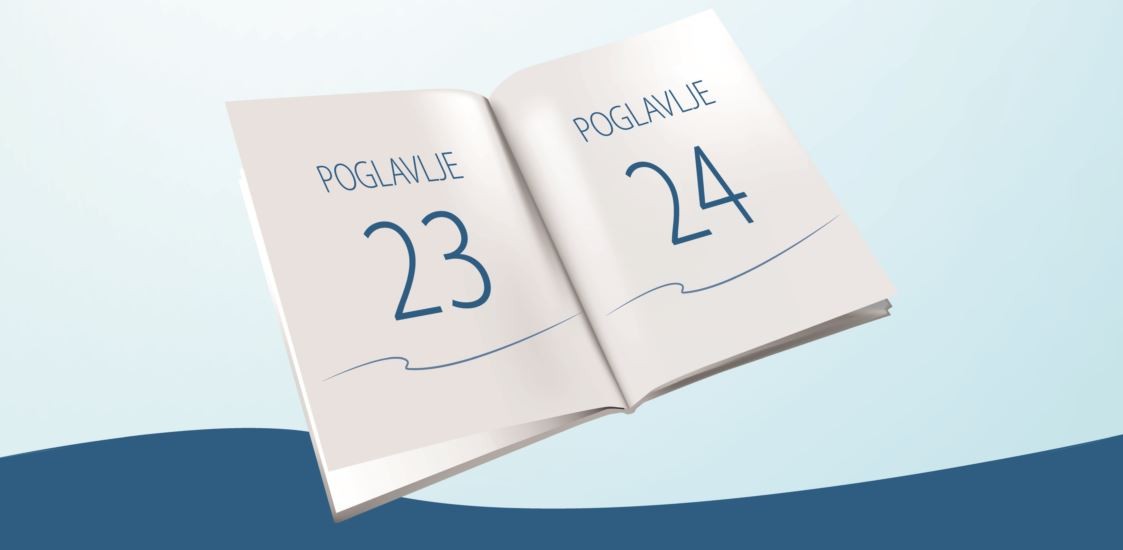This article is an integral part of the Coalition prEUgovor report on progress of Serbia in Chapters 23 and 24 for the period from November 2015 to April 2016.
Overall, some progress has been made regarding legislative regulation of civilian and democratic control of armed forces (DCAF), but the practice of oversight was hampered by government pressure on independent oversight institutions.
Concerns were raised with the initial refusal by the Ministry of Defence and Military Security Agency (MSA) to provide necessary documentation to the Ombudsperson in regard to its seemingly unlawful involvement in investigation of the incident between members of the special police unit and members of the military police who were at the time protecting the Prime Minister’s brother during the Pride event in September 2014. The Ombudsperson’s interest in the incident was particularly focused on two points: first, the MSA is not authorised to investigate incidents on civilian premises, including public space, and second, members of officials’ families are not entitled to having protection by the military police. The MSA refused to cooperate with the Ombudsperson even though it is bound by the Law on Ombudsperson to do so. Although the Ombudsperson was eventually enabled to oversee the MSA in March 2015, it remains unclear if independent state institutions will be able to duly oversee security forces in the future.
The parliamentary Security Services Control Committee continued its practice of oversight visits to security services. However, there are significant blind spots in the oversight of security forces. For instance, the implementation of special investigative measures by the police is not subject to parliamentary oversight. The police are entitled to applying special investigative measures (e.g. access to retained data, phone tapping, and use of undercover investigators) by the Law on Police and the Criminal Procedure Code, yet there is no legal provision explicitly enabling parliamentary oversight of such police activities and therefore the oversight has not been established in practice either. These measures infringe upon fundamental rights of citizens and thus it is crucial to establish a comprehensive oversight mechanism for their use. The Defence and Internal Affairs Committee started regularly reviewing reports by the Ministry of Defence (MoD) and the Ministry of Interior (MoI), but it failed to address any of the issues which arose (e.g. the revealed use of the military Special Forces for personal security protection of officials’ family members).
Amendments to the Law on Defence and the Law on Serbian Armed Forces introduced some improvement in DCAF. Article 14a of the Law on Serbian Armed Forces was introduced in 2009 and sanctioned any cooperation with civil society organisations for members of the Serbian Armed Forces, thus hampering DCAF. The said Article was amended on 28 January 2015, with the addition that “professional servicemen can cooperate in activities of CSOs with the approval of the Minister of Defence.” However, the Law missed the opportunity to grant more power to the Inspector General, as he can report only to the Minister of Defence. Internal control in the MoD remains relatively weak, as the position of the Defence Inspectorate is insufficiently regulated, which affects its independence in relation to the political and military leadership. This is why the BCSP proposed that Inspector General should report also to the Parliamentary Committee on Defence and Home Affairs in cases of major deviations. However, this comment was not included in the final version of the Law and thus the opportunity to further improve DCAF was missed. Moreover, the Inspector General is severely lacking capacities for scrutinising the management of financial, material and human resources in the MoD. For these reasons, the Inspectorate is incapable of effectively scrutinising the MoD work.
Moreover, the parliamentary oversight of the MoI was enhanced with the introduction of the Law on Private Security. Now Members of the Parliament (MPs) have a set of indicators at their disposal that could be used to measure the progress of MoI's oversight over private security companies operating in Serbia. So far, Serbian MPs have not used these competencies.

